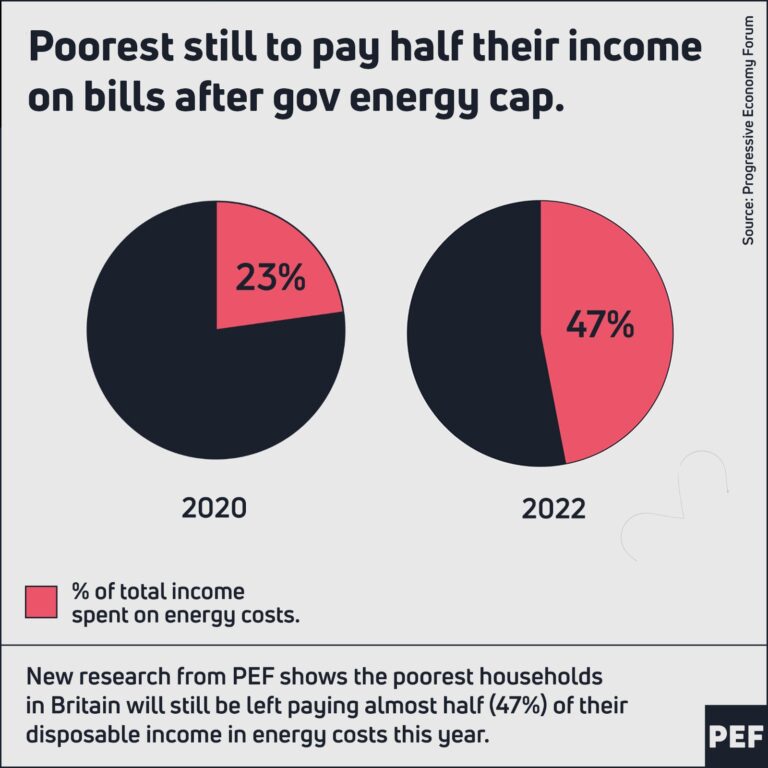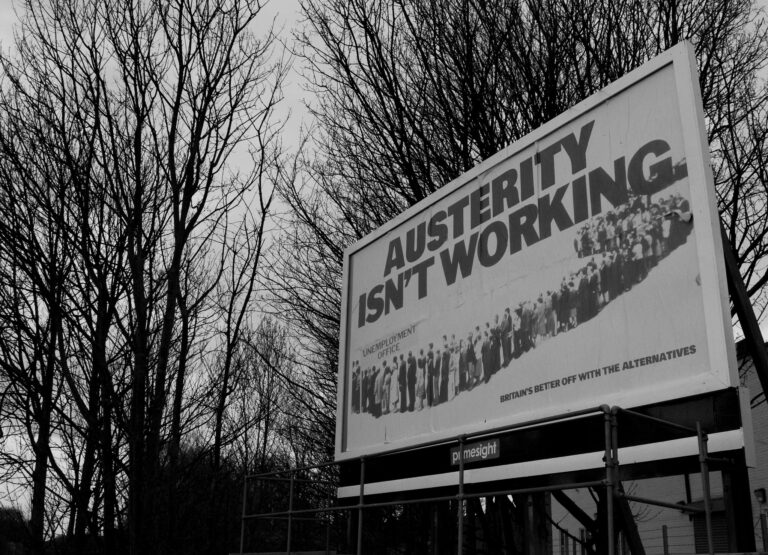Fiscal Policy & the Ancien Idéologie
On 11 March the new chancellor presented his Spring budget. While the budget was unambiguously expansionary after a decade of cuts and freezes, as the Shadow Chancellor pointed out it did not restore expenditures to their 2010 levels especially for local government. But for all its shortcomings and faults it marked a first step towards ending the rhetoric of fiscal austerity.
In response to the shift on austerity by a Tory government, reactions to the budget demonstrate more than anything else how engrained in the media was the ideology of austerity, what we might call austerity speak. Typical was an FT article that while praising the Chancellor because he “rose to the occasion” with “a careful orchestration of fiscal and monetary policy”, said his budget “flung money at a grateful population”. To reinforce the message, the author told us that “it’s easy to throw money around” but harder to “spend it well”.
This rhetoric of being loose with money comes not only from the business-friendly FT and media on the right. A Guardian news article referred to the budget as “a spending spree”, designed to “win over [the] public.” The Guardian’s economics editor, who is one of the UK’s most progressive mainstream commentators on economic issues, hinted at the budget’s problems in an article that assessed that the Chancellor “can count himself relatively lucky” that the Institute for Fiscal Studies did not attack him more vigorously.
The source of this IFS criticism becomes clear in another article by Elliot that carries the headline “Sunak’s spend, spend, spend budget”. The author comes close to praise because the Chancellor has acted “to break the economy out of its low-growth, low-investment, low-productivity trap”. The first sentence of the article refers to this break as a “giveaway budget”. A jointly authored article by Elliot and Stewart pursued the pejorative language, writing that the Chancellor “turns on the spending taps”, and reported that the sacked Chancellor Javid “warned against abandoning all spending rules”.
Amid this language of spending sprees, turning on taps and warnings of violating rules, one searched in vain for a favourable judgement about increased spending as a budget strategy. The FT editorial board provided a rare example of an assessment almost void of value-laden language, referring to “the right budget for the moment” that seized the “opportunity provided by low interest rates to invest”.
Ancien Idéologie gets Shock Therapy
In March 2020 the UK economy faced two major economic shocks, each on its own sufficient to provoke a recession, the corona virus and uncertainties associated with leaving the European Union. With interest rates low and public borrowing under 2% of GDP, the technical case for a fiscal expansion should be obvious to any open minded commentator. Why then the widespread anxieties about an expansionary budget and the negative language of sprees and giveaways?
Two explanations present themselves, the persistence of the austerity ideology and a much older ingrained ideology in the UK media. For almost a decade the Tory austerity ideology preached a doctrine of balanced budgets, to the point that it went unchallenged, accepted as valid without need of justification. This false imperative to balance the budget received independent verification from the Institute for Fiscal Studies, which repeatedly stressed the dangers of deficit spending. Despite its focus being microeconomic and budgets requiring a macroeconomic analysis, the media embraced the IFS as Britain’s definitive source on public finances.
Judging deficit spending as a prima facie problem does not explain all pejorative language found in the media, especially use of “giveaways” and “hand-outs”. Such polemics have a long history in the UK media, reinforced by repeated reminders that all spending eventually increases the “burden on taxpayers”.
These terms are regularly applied to all budget statements Conservative and Labour. For example, whether a Tory chancellor will have the space for tax cuts to attract voters appears as a common pre-budget speculation, as do queries that a Labour government will find the tax revenue to deliver spending to its core constituency. This approach to public sending betrays a deep distrust of both the public sector and the political process. It treat public spending as the instrument used by cynical politicians to curry favour with voters rather than the legitimate or even preferable alternative to private provision.
Thus, the proposal in the Labour manifestos of 2017 and 2018 for free (i.e., public payment of) university tuition fees could be described even by centre-left commentators as a bribe for young voters. The NHS represents a striking exception to this cynical view of public spending, which in the second half of March became the vehicle for a profound paradigm change by the Tory government and in public perception.
Difference a Week Makes
Towards the end of March rhetoric of spending sprees and handouts disappeared, swept away by the threat of a national health disaster. Larry Elliot who as in 11 March referred to a “spending spree” and a “spend, spend, spend” budget, on 20 March abandoned such rhetoric. Two days later on 22 March he completely embraced and lauded the extraordinary increase in public spending by the Tory Chancellor in a deeply insightful article,
…[A] model [of limited spending] that has failed not once but twice has been ditched. Governments recognise they have to support their citizens through this.
“Supporting citizens” and taking responsibility for stabilising the national economy are central tasks for every responsible government. The execution of those tasks should require no justification, just as the public accepts the need for a well-funded NHS protecting our health. The NHS has the responsibility for the nation’s health. The Treasury has the responsibility for a stable economy that provides decent incomes for all.
Once we re-recognise that over-riding public responsibility, we should dismiss the ideologically driven anxieties about excessive government spending, encouraged by mainstream economists of the centre-right and centre-left. In retrospect, we can see that the threat to economic stability in the UK, US and Europe lay not in the remote possibility of too much public spending but in the reality of not enough. If spending rules are necessary, they need ones to insure adequate funding not frugality.
The Progressive Economy Forum firmly states on our web site that it opposes austerity and the current ideology and narrative of neoliberalism, campaigns to bring austerity to an end and ensure that austerity is never used again as an instrument of economic policy. Is it too early to say that we are at last making progress in these aims?
Furthermore will there be at some point a reckoning for those who increased our public debt and caused needless suffering by pursuing a reckless and damaging ideology to shrink the state only to abandon this when it became politically expedient and in the face of national emergency?
Photo credit: Flickr/HM Treasury.







